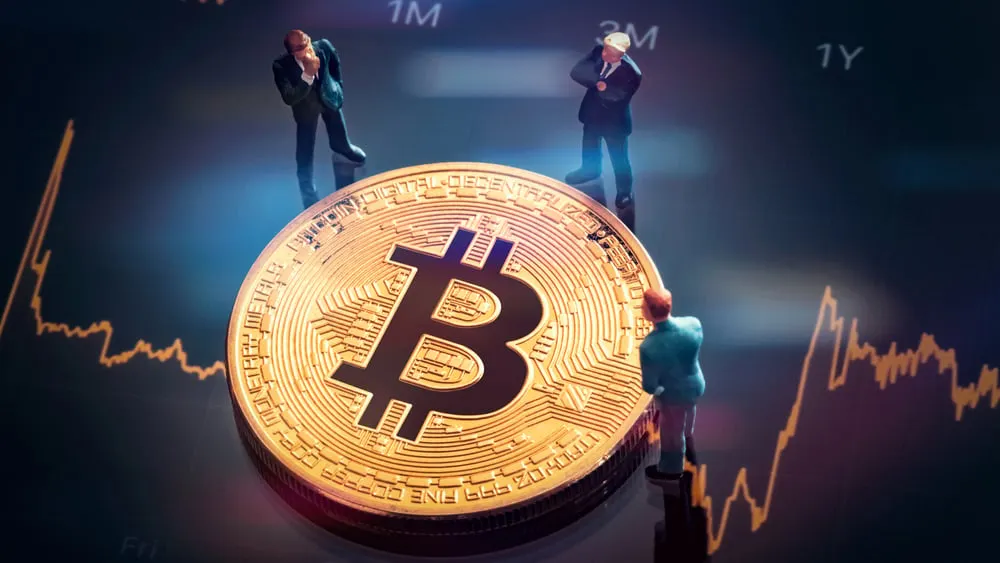The immense popularity of Bitcoin Ordinals and new meme coins minted on the world’s top blockchain has brought a coalition of Bitcoin developers together to cooperatively formalize the underlying BRC-20 fungible token standard.
The coalition—the newly formed Layer 1 Foundation—announced its new governance body on Monday, focused on ensuring trust and transparency around the protocol and calling it crucial for future growth.
“We invited all of the biggest BRC-20 indexers to become partners… and to publicly agree to operate within this particular standard of procedure and governance resolution that we wrote and set forth as operating principles for BRC-20 governance,” Layer 1 Foundation Vice President Isabel Foxen Duke told Decrypt in an interview.
Co-founded by pseudonymous BRC-20 creator Domo, the Layer 1 Foundation includes participation from Hiro, Alex Labs, Oyl Dynamics, Allium Labs, and UTXO Management. Bitcoin wallet developer Unisat and Ordinals aggregator Best in Slot will co-lead the maintenance of the BRC-20 protocol going forward, Layer 1 Foundation said.
In its resolution, foundation members commit to a series of goals, including the pursuit of simplicity in technical architecture, a safety-first approach when making changes to the protocol or its indexers, fostering mutual discussions, considering the community when pursuing changes in development, and making protocol-level changes open-source.
By publically declaring their support for the Layer 1 Foundation’s framework, Foxen Duke said the hope is to avoid another standoff and threat of a hardfork of the BRC-20 protocol. If one of the members did decide to hard fork BRC-20, she clarified, it would happen in the open.
A hard fork refers to changes to a blockchain that are not backward compatible. It forces everyone on the network to upgrade to the newest software to keep participating.
In January, the BRC-20 community disputed whether to implement the Jubilee update to Bitcoin Ordinals, which Domo said could affect how BRC-20 tokens are indexed. On one side of the argument was Unisat, and on the other, Domo.
Citing safety issues, Domo advised against the update until Jubilee could be sufficiently tested, saying that not doing so is reckless and could potentially harm the broader BRC-20 community.
Despite the looming possibility of a hard fork, Unisat Wallet founder Lorenzo said that was not the plan.
“If forking BRC20 were our objective, there were more opportune moments in the past 10 months that would have been more advantageous for us,” Lorenzo told Decrypt at the time.
Despite the politics involved, Foxen Duke said the end goal is protecting BRC-20 protocol users and prioritizing their needs over a single developer’s.
“We're advocating for real people who hold value in this protocol and being a voice for them,” Foxen Duke said. “We accomplish that by decentralizing governance as much as possible, so no one company has outsized power and influence in making decisions that might benefit that company over users.”
Edited by Ryan Ozawa.

